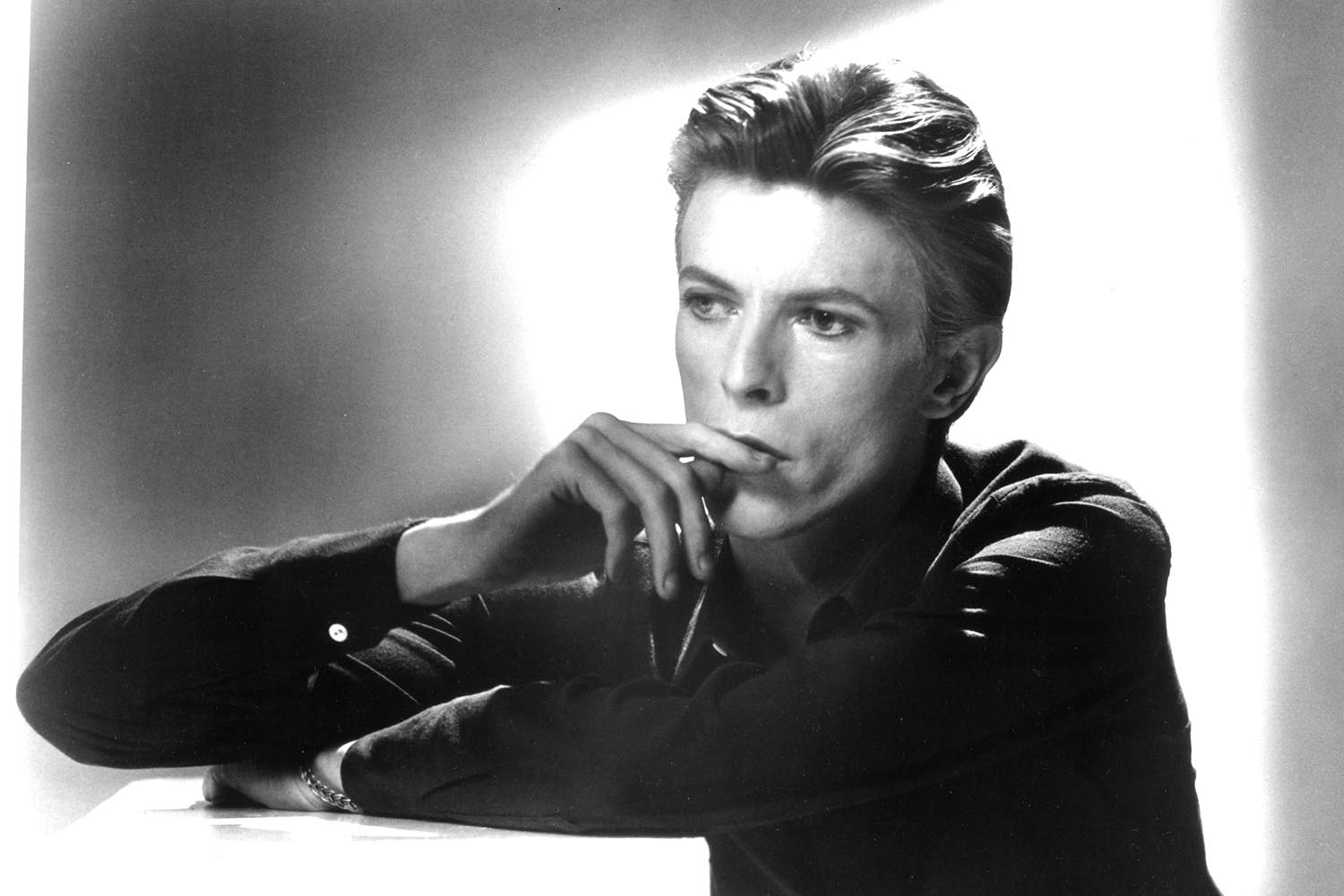Since his death, David Bowie’s status as the nation’s favourite maverick creative genius has somehow grown even greater. I have friends who believe that, after 10 January 2016, the world went all to hell and it’s genuinely due to Bowie leaving us. As if he was our guardian angel. At times, I agree.
Radio 6 Music, of course, knows how important Dame David is (its moving coverage of his death was exemplary), and in its Music Uncovered strand has kindly given us an eight-part Bowie series to drool over, David Bowie: Changeling. It covers his early years, up to the mid-70s and Young Americans, and in a coup for the station it’s presented by Kate Moss! Mossy does a pretty good job, her girlish voice clear and engaging throughout, though I’ve always struggled to call it presenting when it’s just reading out someone else’s script. Anyway, she’s not why you should listen to this series. You should listen because of the detail, the unheard archive and the excellent interviews, many of them brand new.
Most 6 Music listeners already know Bowie’s story, but there is so much joy to be found here. I very much enjoyed the tales of Tony “Z” Zanetta, who gave a great description of Bowie’s charisma: “If he turned the switch on, you couldn’t take your eyes off him. If he turned it off, you didn’t even know he was in the room.” And Z’s tale of when he took Bowie to meet Andy Warhol at the Factory was great. The singer brought the artist an acetate of his 1971 song Andy Warhol – but Warhol didn’t like it. Things were not helped by Bowie suddenly launching into “a mime thing”. “Extremely awkward,” laughed Z. “It wasn’t brief.” Luckily, Warhol and Bowie eventually bonded over Bowie’s shoes, a pair of yellow Mary Janes, as Warhol had once been an illustrator of shoes.
I also loved hearing John Cambridge, the drummer in Bowie’s early band the Hype, and his gradual understanding of Bowie and wife Angie’s active and inclusive sex life. “Coming from Hull, and being as I was only 20, brought up in a council house, I didn’t know anything about an open marriage… then I saw the three of them going in the bedroom for a threesome.” These early years make such fantastic audio.
I loved Robbie Williams’s eccentric view that Bowie was a spaceman sent down to save us
I loved Robbie Williams’s eccentric view that Bowie was a spaceman sent down to save us
In later episodes there’s quite a bit of Bowie himself, which is lovely: his laughter as he talks about confounding his audience (and his management) by abruptly changing from the theatrical Diamond Dogs live events into the pared-down Young Americans soul shows halfway through a US tour is just delicious. The final episode features a host of famous people explaining why they love Bowie, which we could have done without, though I loved Robbie Williams’s eccentric reasoning: he seems to believe that Bowie was an actual spaceman, or an angel, sent down to save us from normality and, yes, I’m with him there. This is a warm, revealing series and, even if you know Bowie’s story, a proper treat.
More musical beginnings in Origin Stories, series two of the Apple Music podcast that takes UK and Irish musicians back to their home towns. For the first two episodes we have Mancunian rapper Aitch interviewed by Rebecca Judd, and Leicestershire singer-actor Mahalia, who talks to the DJ and presenter Dotty. Both are engaging listens, with a strong sense of place, not always easy in audio. We visit Aitch’s first studio – “a cold mill, very old-school Manchester vibes, no wallpaper, this weren’t living lavish”, as he describes it – and Mahalia’s school, as well as meeting her music teacher.
Unbelievably, Mahalia had a record deal aged 13, and had to cope with her schoolmates’ reactions, which were not always nice. On the day of her signing the deal, due to their online nastiness, “I was in Wagamama’s toilets in tears for about four hours,” she admits. Dotty steered the chat beautifully – she’s such a brilliant presenter, upbeat but also sensitive – and, having only vaguely been aware of Mahalia previously, I left with a great impression of her and how her background has fed into her art and life.
Finally, still on music, here is Adrian Chiles on Radio 4 to tell us about Finding Elgar. Chiles is being eased into the Radio 4 world (he’s just taken over at Saturday Live), and this programme, part of the Artworks strand, seems to be there to remind the station’s listeners, who can be snobby, that Chiles is more than self-deprecation and football. The doc, as he says himself, isn’t a biography, “rather, what you might call the Elgar less travelled… in the county he called home”. It is Chiles-ified, meaning that he centres himself as well as Elgar: much is made of how Adrian can relate to “this austere-looking gentleman from a bygone age”, as he too is from Worcestershire (“I, like Elgar, love the Malvern Hills”), is a Catholic, and has felt like an outsider on occasion.
Having said all that, the show blossoms into a sweet listen, enlivened by interviews with the always excellent Jude Rogers and a performance by violinist Shulah Oliver. We learn about Elgar’s silliness as well as his depression: his delight in daft games. And of course we hear his music, which can reduce the most cynical among us to a weeping mess. Chiles’s approach proves informative as well as disarming. Suck on that, Radio 4 snoots.
Photograph by Getty Images
Newsletters
Choose the newsletters you want to receive
View more
For information about how The Observer protects your data, read our Privacy Policy

